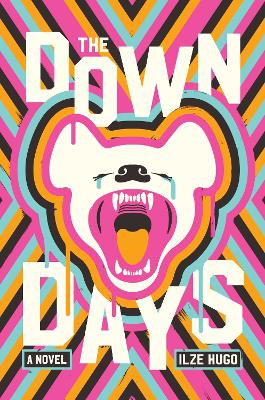Reviewed by shannonmiz on
This is a bizarre and timely book about what happens after the pandemic has wreaked havoc. I mean, I won't pretend it didn't scare the hell out of me to think that the world could be like this for the better part of a decade, but alas. In this book, set in South Africa (which yes please, more of this!), one of the symptoms of the disease is uncontrollable laughter. The bananas part is, people in our timeline are vilified for coughing, much like these folks are for laughing. Obviously, laughing in public is not allowed. People wear masks everywhere. People attend online funerals only. There are random temperature checks. Honestly it hits really close to home.
Luckily, this book doesn't focus on the plague itself so much as the aftermath. It follows several characters (maybe one or two too many, if I am being totally honest, but it wasn't a dealbreaker, just... a thing) throughout their new normals. Gone are the jobs of yesteryear, they now do things like ferry bodies. Engage in fight clubs. Steal and sell hair. Look, when the apocalypse comes to town, you sometimes have to find some... inventive ways to make a dollar. And that's the whole thing- the severity in which life has changed, and how these people have come to adapt when the only choices are adapt or die.
I really can't say much about the plot, because it takes some turns I did not see coming and obviously I have no plans to spoil them. I will say that it is a slower paced book, definitely dealing more with the character development and world-building than action. I loved all the little South African details that are seamlessly woven into the story. I had to look some of them up (though there is a glossary at the end in the eARC) and I absolutely loved falling into this culture. By the end, I even had a pretty good idea of the phrases and such without having to look them up!
Bottom Line: An incredibly timely look at what happens to a society after the end of the world. It asks all kinds of questions, and definitely provides a lot of character exploration. Perhaps you'll find some of your own reactions in some of these characters.
Reading updates
- Started reading
- 13 April, 2020: Finished reading
- 13 April, 2020: Reviewed
